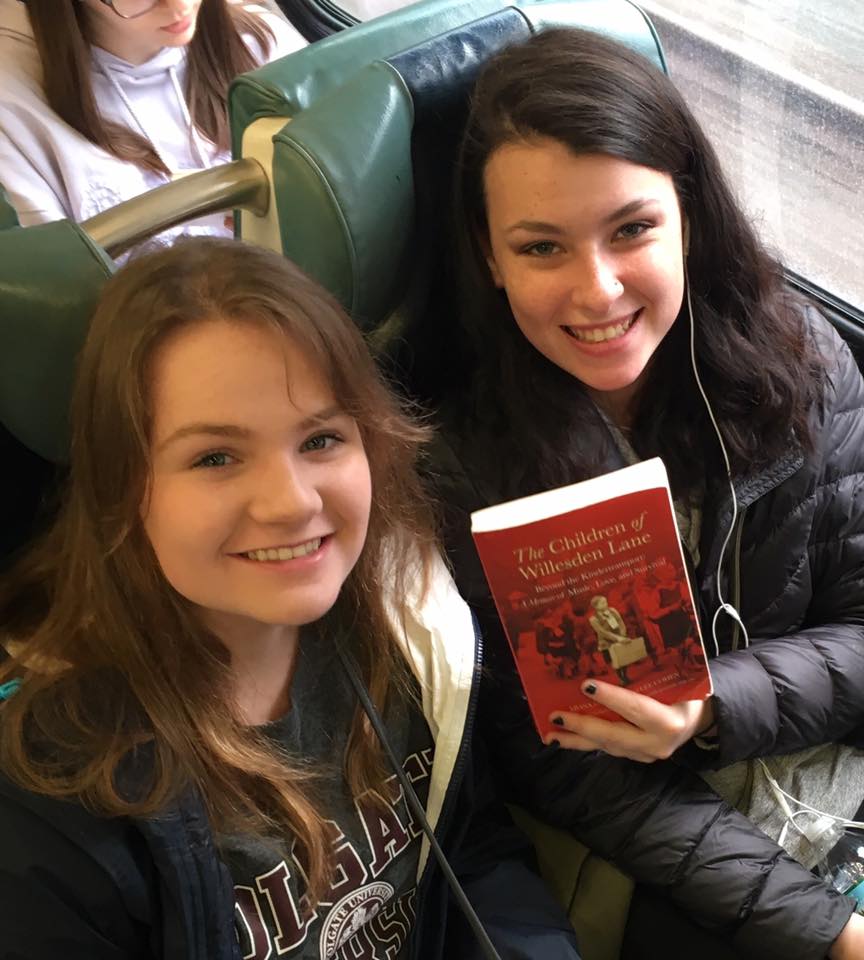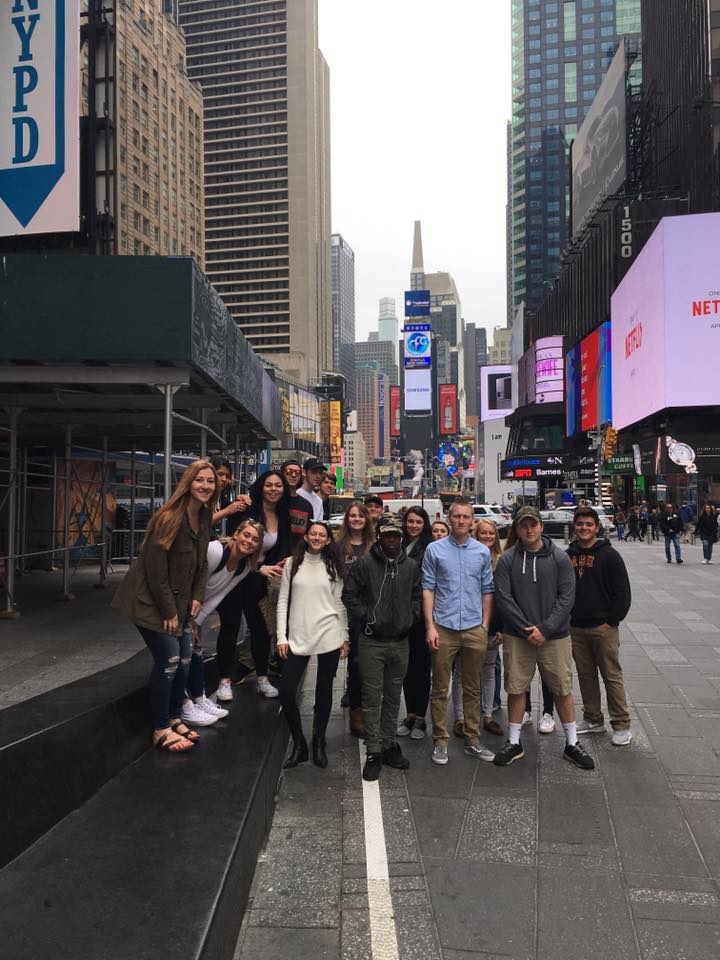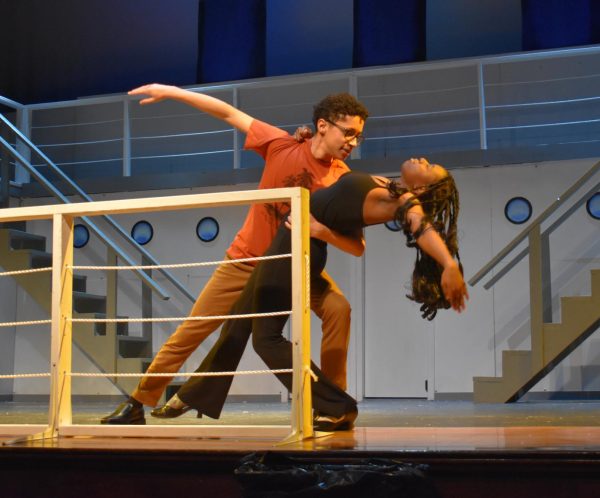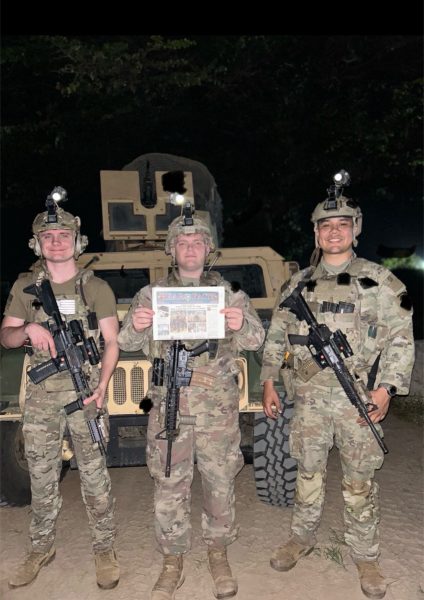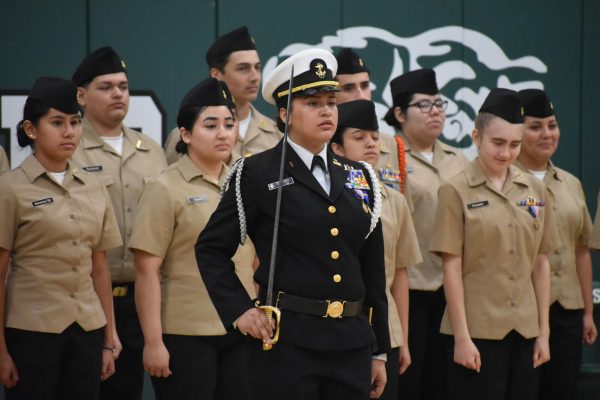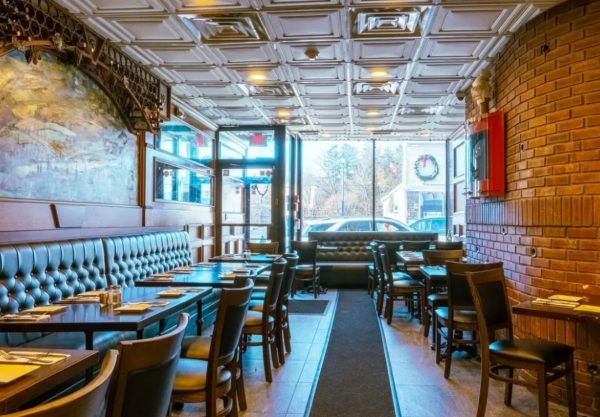BHS Holocaust Class “Lives” the Life of a Kindertransport Traveler in Uplifting NYC Play
On Monday, April 24th, 2017, a group of 19 students attended a performance of the much in-demand show “The Children of Willesden Lane” at the Town Hall Theater in New York City about a Holocaust Kindertransport survivor. These students consisted of juniors and seniors from Mrs. Schumacher’s Holocaust Literature class, who were enlightened and educated as a result of the marvelous performance and presentation of Mona Golabek, an Austrian Jew whose mother, Lisa Jura, managed to help her escape the Holocaust.
The Holocaust class had been anticipating this trip for a couple of weeks now, with Mrs. Schumacher gearing her lessons around the trip. Previously, Mrs. Schumacher had applied for and received a grant through the group, Facing History and Ourselves, to not only take the class to a musical storytelling presentation in New York City, but to also receive a full class set of texts from the playwright/performer, who brought the text to life in a one hour presentation. Additionally, monetary support was granted from the Quest Club to help supply the train tickets.
The performer was Mona Golabek, whose mother, Lisa, managed to escape the Nazi regime in Austria through the Kindertransport, an organized but unofficial escapee transport for Nazi-targeted children. The Kindertransport ran from 1938-1940, successfully helping nearly 10,000 predominantly Jewish children exit Nazi occupied territory from Austria and Germany to Great Britain. Mona’s story tells of her family history, specifically regarding her mother Lisa’s initial escape from Austria and the remainder of her childhood, which was spent alone in Great Britain.
Schumacher remarked, ““I am so fortunate to be able to bring my students to such an amazing, unique experience.”
As her story is told, Lisa’s father had three children and could only secure one berth on the Kindertransport. Because of Lisa’s incredible musical talent, her parents choose to send her to London, so she could pursue her dreams of becoming a concert pianist. Shortly after successfully escaping the Nazis, Lisa found herself at a refugee house on Willesden Lane, the setting for a good portion of the play. While there, Lisa’s beautiful music inspired the other children, and in turn, they supported her through her journey. Through hard work and determination, Lisa received a scholarship to study the piano at London’s Royal Academy of Music, building a new life for herself as she dreamed of reconnecting with the family she was forced to leave behind.
Through her mother’s influence, Mona became a successful pianist as well. Mona now shares her mother’s inspirational story of “music, love and survival” through her book “The Children of Willesden Lane” and through her own music in the musical presentation, as witnessed on Mrs. Schumacher’s Holocaust field trip.
Stephan Vario explained, “It was awesome music. It was incredibly difficult to pull off all at once, but she truly masters the music.”
Through images, music, and firsthand testimony, the students were walked through Lisa’s harrowing yet inspirational journey, guided by her daughter Lisa, who has now taken her mother’s story and turned it into an educational opportunity for others, one that helped to bring enlightenment and understanding to this group of BHS juniors and seniors.

